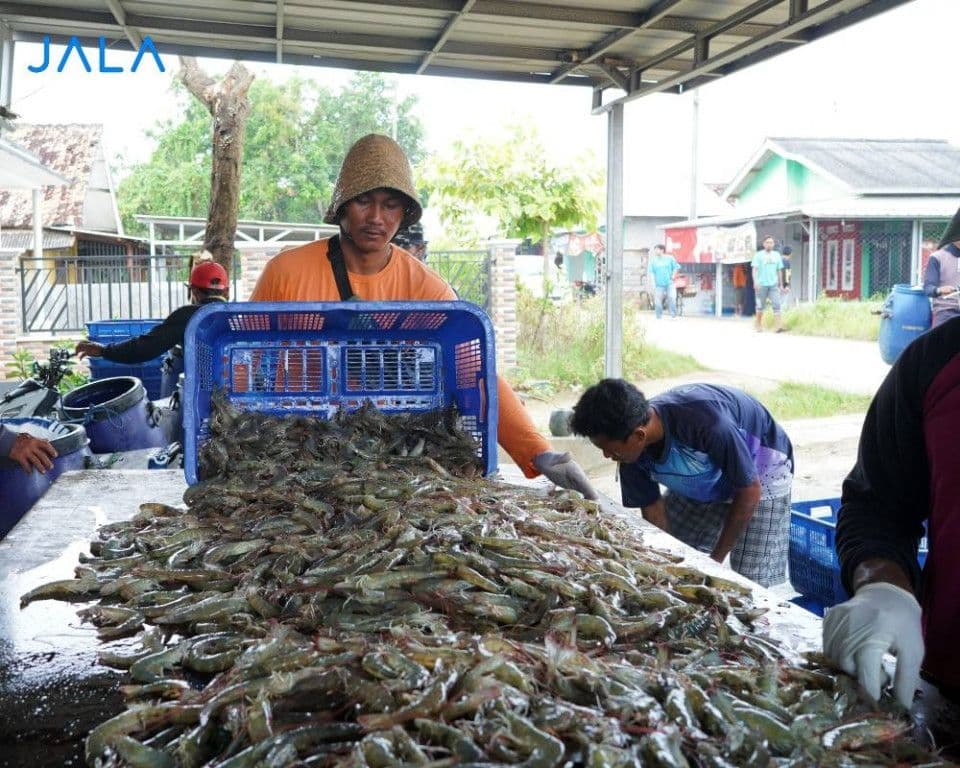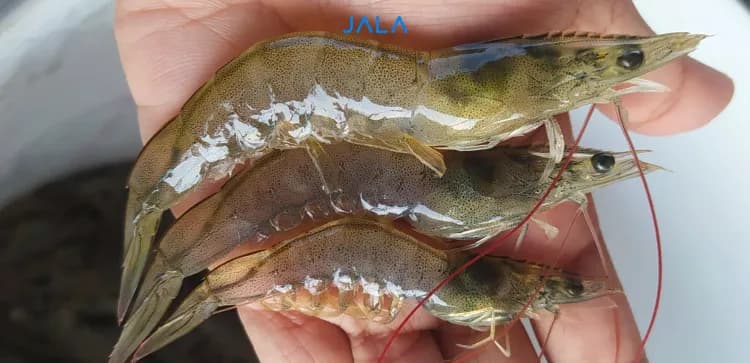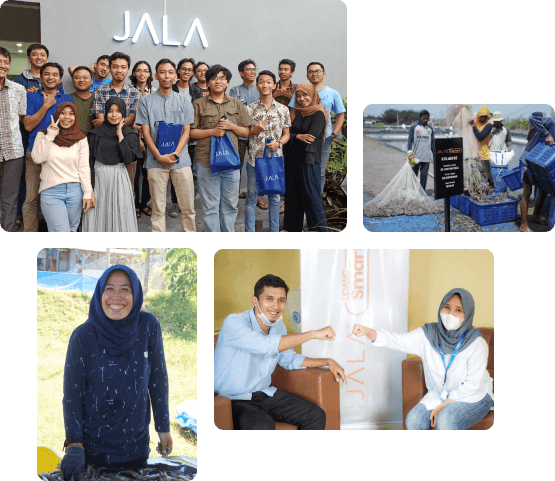
One of the contributing factors behind the success of shrimp farming is the consideration of farm location. Therefore, it is crucial to consider carefully about the best location to construct shrimp ponds during the initial stages of cultivation preparation. Apart from cost efficiency reasons, this measure is also intended to create harmony with the surrounding natural, social, and economic environments.
Nowadays, shrimp farms located near residential areas have become the choice of several shrimp farmers. Unlike the shrimp farms on the coast, these shrimp farms are adjacent to the residents' place and are more accessible.
Shrimp farms located near residential areas have positive and negative sides. On the one hand, pond monitoring and cultivation needs supplying are easier to do because the farm is relatively close to the house. On the other hand, it is feared that the construction of shrimp farms near residential areas will change the social dynamics in the area.
Protect the surrounding environment
Every shrimp farm definitely has an impact on the surrounding environment, including shrimp farms near residential areas. In several regions, for example in Takalar Regency, South Sulawesi, a shrimp farm located in the middle of a residential area was reported to contaminate water used by local residents. Unpleasant odors also often arise due to waste from the shrimp farm.
To avoid similar cases and minimize the risk of contamination, it is best to implement good waste management and control it regularly. Make sure the pond does not leak because the water used to cultivate shrimp is water that contains salt levels. Do not let the water seep into the agricultural area or contaminate the wells in the residents’ houses.
Cleanliness of ponds and the environment around ponds near residential areas must also be considered. When disposing of waste, such as valves, do not pollute the environment and prevent odors from appearing due to putrefaction of the discarded valves.
If you want to build farms near residential areas, be sure to follow the rules of the local government. The most important thing is to ensure that pond waste is managed properly and does not interfere with the water sources used by residents, for example drinking water, rice fields, and surrounding fields. Do not sacrifice surrounding residents solely for the sake of cultivation profits.
Shrimp farms near residential areas that are well managed will have a long term impact. Relations with local residents will remain harmonious and the natural environment will be well maintained. This will definitely further support the realization of shrimp ponds that are not only productive, but also sustainable.





